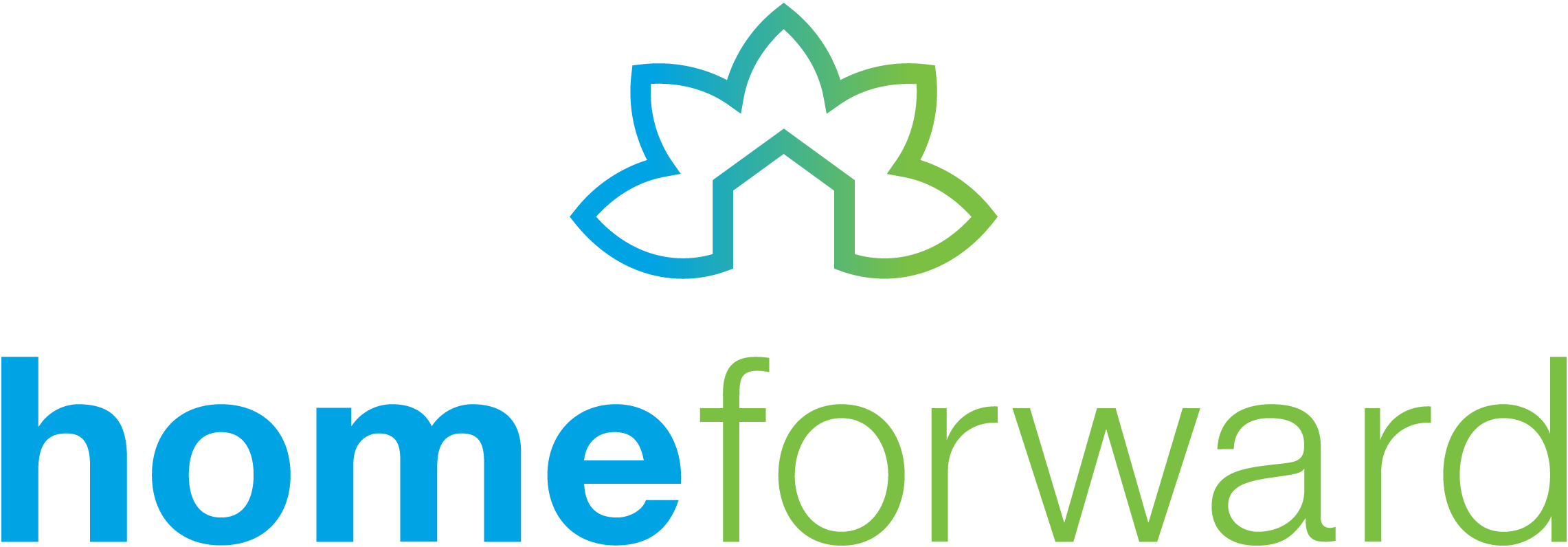
Youth Leadership Academy
~ The application process is closed ~

Online Application: August 6th to August 24
Youth Leadership Academy

INSPIRING YOUNG LEADERS AGES 14 to 17
August 6th to August 24
Learn about community leaders, how to pay for college, how to build a resume and get your dream job!
- 3 field trips, guest speakers, plus special projects!
- Build new friendships, and have FUN!
- Thursdays from 5-7pm
- $75 plus prizes for participation!
Application Opened: 08/06/2025
Application Deadline: 08/24/2025
Start Date: 09/11/2025
End Date: 12/05/2025
APPLICATIONS DUE AUGUST 24th
For students ages 14 to 17
